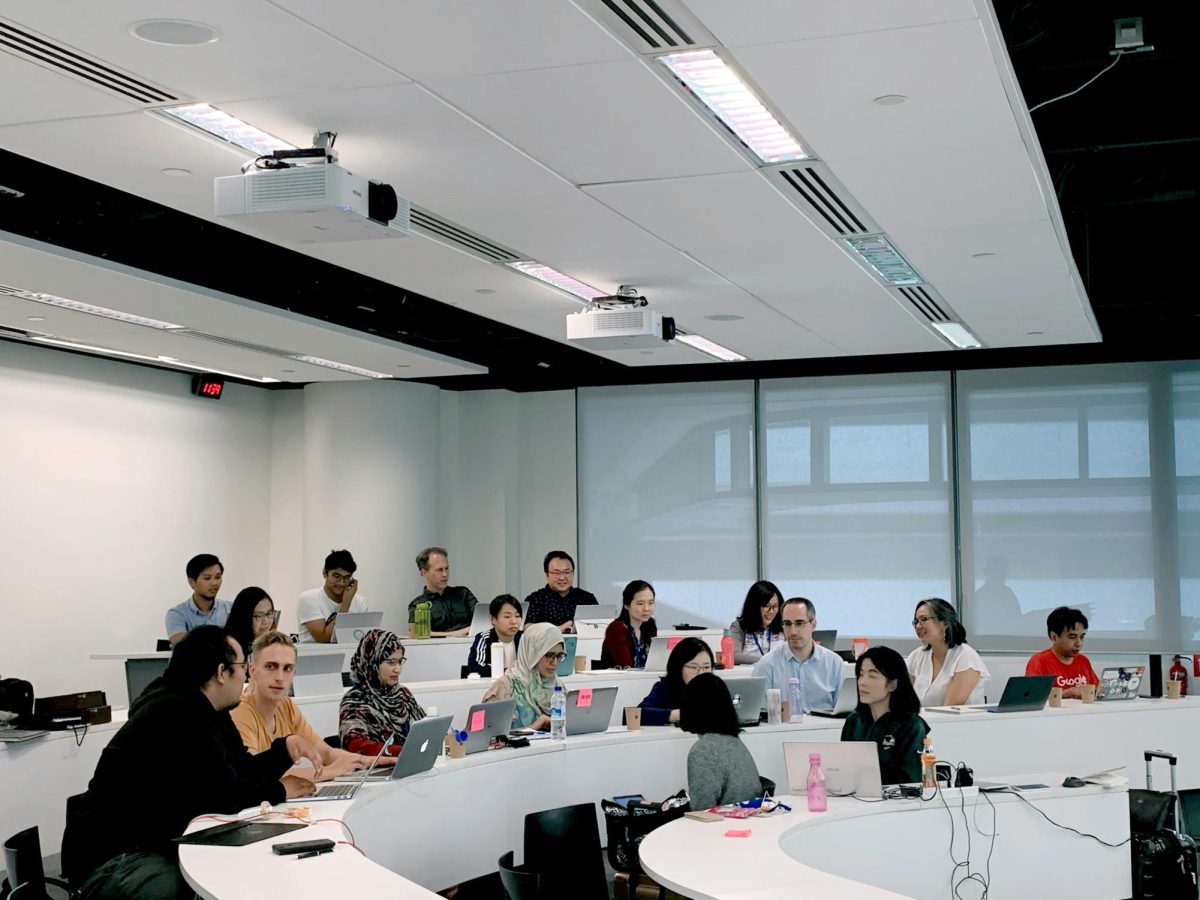By Dylan Bradley/reporter
How something is said allows anything to be said, said NE student support coordinator.
Kateeka Harris, coordinator of student support for NE Campus, addressed conflict, identifying conflict and challenging views of approaching conflict in the Center Corner on Oct. 2.
“Conflict is a part of life,” she said. “It’s going to happen. It’s just a matter of when.”
Harris said the largest part of what is received during communication is nonverbal, such as body language.
“We demonstrate our thoughts and feelings by our nonverbal responses,” she said. “Often times, it’s the number one reason why a conflict exists in the first place. Perception plays a huge part in what’s being said or how it’s being taken.”
Conflict is like peeling back the layers of an onion to get to the real issues.
“If you’re able to objectify the conflict and not personalize it, then it’s a lot easier to begin to break down the various layers,” she said.
Harris used a conflict management styles quiz from Reginald Adkins’ Elemental Truths website during the presentation. Out of five different approaches to conflict, Harris began with avoidance, which according to the quiz is the non-confrontational approach.
“Avoidance is good when you need time to calm down … because we want to ensure the relationship stays intact,” she said. “It’s not appropriate to avoid if the issue is very important or if the decision has a major impact on the situation.”
Accommodation style is tied to compromise.
“If you compromise, but you are the only person that compromised, then really, you accommodated,” she said. “It’s a convenient strategy, and sometimes it satisfies an immediate need for an individual or group.”
When accommodating, one should make sure to address all issues, Harris said.
Compromise is the middle-ground approach in the conflict quiz.
“Compromise implies that all parties involved reach a decision they can all live with, that they are all in agreement with,” she said. “Compromise doesn’t work when the initial demands are too great from the beginning.”
Competition is not fruitful or useful when resolving conflict, Harris said.
“Competition is a strategy that is really used to exercise power,” she said. It reduces cooperation within a group, and there is always going to be a viewpoint that one person has the power and control or authority.”
The collaboration approach, according to the conflict quiz, allows problems to be solved where both sides get what they want and negative feelings are minimized.
“Collaboration encourages teamwork and cooperation,” she said. “It doesn’t establish a winner or loser. It’s best when individuals trust and respect each other.”
Collaboration may not work, she said, if there isn’t enough trust or respect in a group or if time is limited and one has to act fast to make a decision.
“One of the biggest things you never want to do is use ‘you’ statements,” she said. “Start with ‘I’m confused. Please help me understand.’”
This approach reduces the level of stress and reduces defensive responses, Harris said.
Harris also said choosing the right time to address a conflict is important.
“You don’t want to discuss a conflict in front of a group,” she said. “You don’t need an audience.”


























